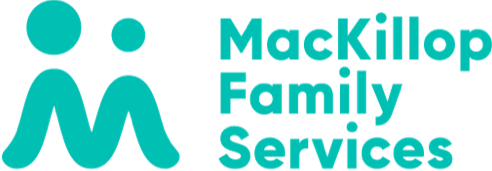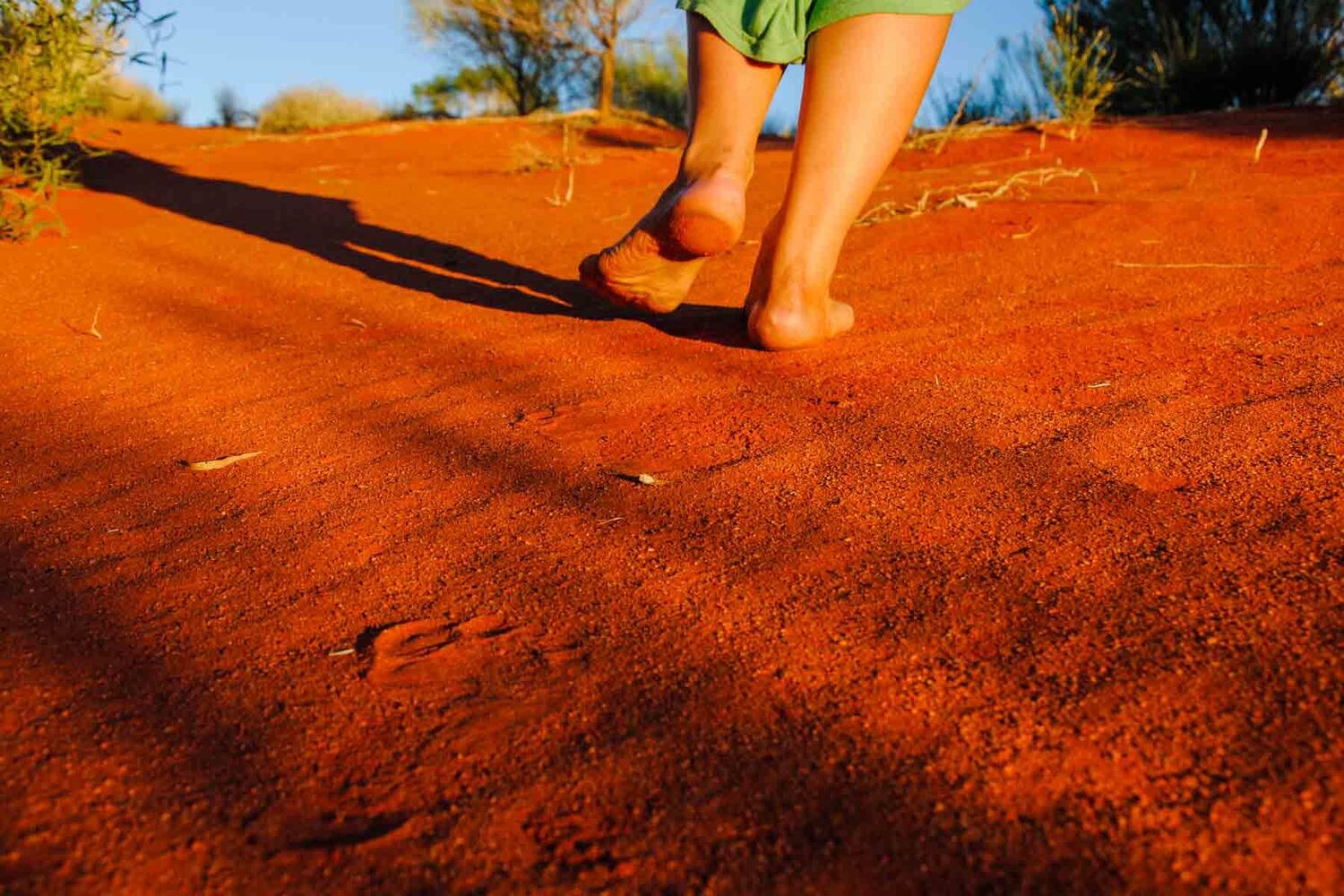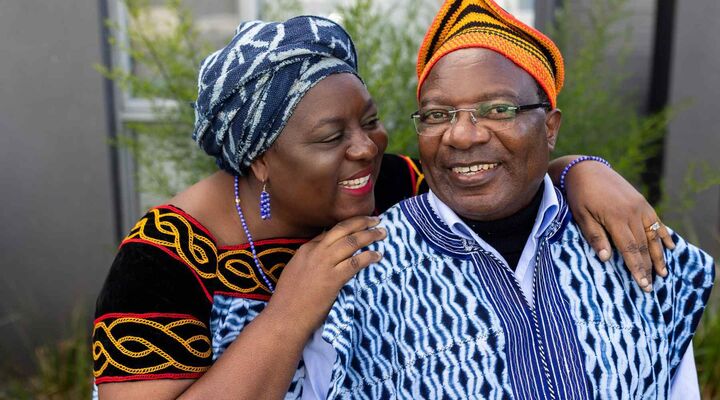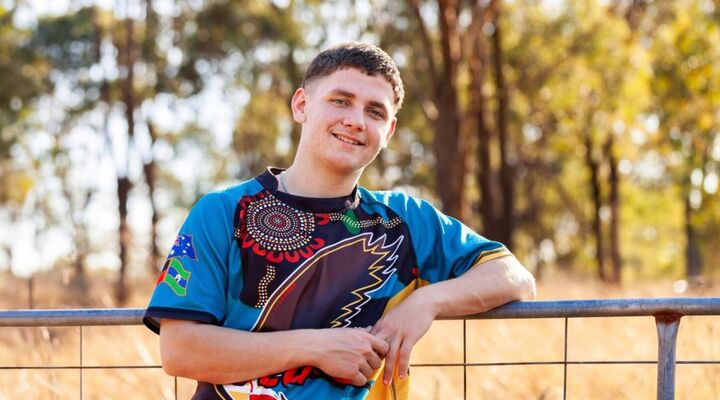Today marks 10 years since Kevin Rudd’s formal apology to the Stolen Generations on behalf of the Australian Government. Although words cannot undo the pain suffered by so many, the apology was a symbolic acknowledgement of the multigenerational trauma experienced by Aboriginal people.
This significant milestone is an opportunity to reflect on the steps we have taken since the apology, as well as the long journey that still lies ahead.
MacKillop Family Services has always had a strong commitment to reconciliation. In 1998, less than a year after our formation, MacKillop Family Services released a Statement of Reconciliation, which included the following commitment:
We recognise that colonisation took away the lands and rights of the Indigenous peoples and subsequent Government policies separated children from their families.
We believe that Australia can only face its future with integrity and confidence if we acknowledge this truth of our past.
This past has resulted in Indigenous peoples currently being the most disadvantaged in our country. We commit ourselves to work with the Aboriginal community to change this disadvantage, to respect their traditions and to restore their rights.
- Excerpt from Statement of Reconciliation, 26 May, 1998
Two of the strongest themes emerging from MacKillop’s journey towards healing over the past 20 years have been listening and learning. These themes are central to the ongoing work on the development of our Reconciliation Action Plan (RAP), a framework which is embedding culturally-safe practices across the organisation.
The process of developing a RAP is as important as the document itself, and in our case it is helping to ensure the voices of Aboriginal and Torres Strait Islander people are heard through staff networks, and critical advisory and reference groups.
We see the impact of past government policies every single day. The impact is most clearly revealed in the stark over-representation of children and young people from Aboriginal and/or Torres Strait Islander backgrounds in out-of-home care.
The significance of this issue is such that one of three key priorities in our Strategic Plan is “To deepen our commitment to cultural safety and expand our support for Aboriginal self-determination and reconciliation through our connection with Aboriginal Community Controlled Organisations (ACCOs) and responding to invitations from local Aboriginal communities to build respectful partnerships”.
In the past year we have implemented several initiatives to support this work. We have introduced an Aboriginal Service Development Project Officer to MacKillop’s dedicated Aboriginal Services team. This important role supports our programs to develop partnerships with local elders and communities in all the regions in which we work.
We are also in the process of rolling out Cultural Awareness Training across the organisation. This is critical to ensuring our working environment is culturally safe and that our workplace is welcoming to all Aboriginal and Torres Strait Islander people.
We are also piloting an innovative project with Roelands Village in the south of WA, to provide community-led care for children and young people – who are living in what we call “other home care” – in a way that is connected to their land and culture.
Today’s milestone is an important opportunity to pause, reflect, and acknowledge the mistakes of the past. Perhaps more importantly, it is a time to ask what more can we do to remedy those mistakes, and ensure they never happen again.





